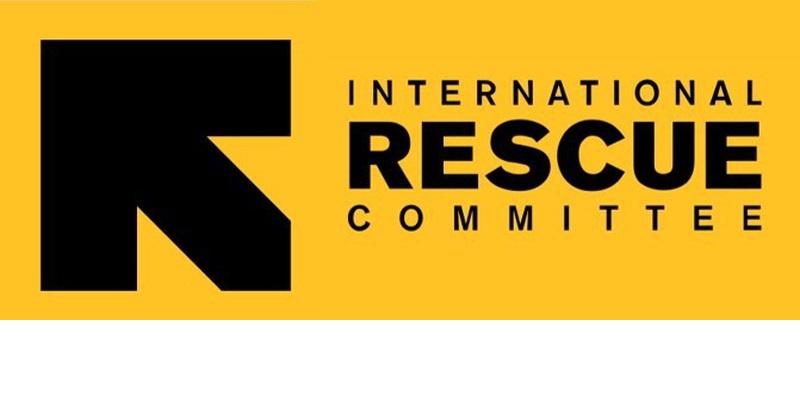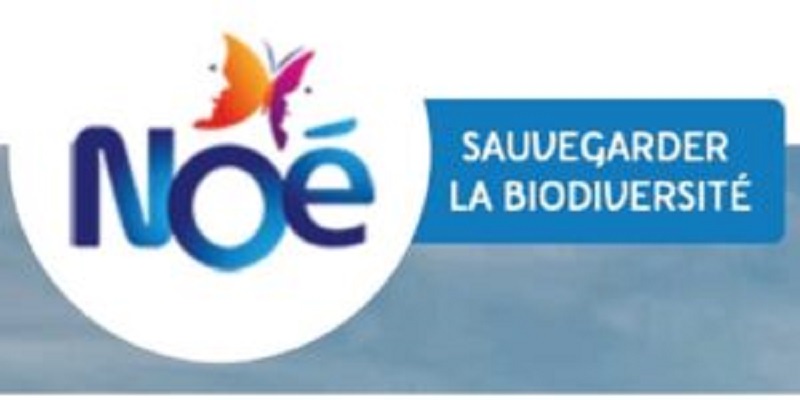The International Rescue Committee (IRC) responds to the world’s worst humanitarian crises and helps people to survive and rebuild their lives. Founded in 1933 at the request of Albert Einstein, the IRC offers lifesaving care and life-changing assistance to people affected by war or disaster. At work today in over 40 countries and 22 U.S. cities, we restore safety, dignity and hope to millions who are uprooted and struggling to endure. The IRC leads the way from harm to home.
Job Overview/Summary
The IRC Nigeria is currently expanding its education portfolio in the northeast of the country in line with its five-year Strategic Action Plan (SAP). A priority outcome for the country program is that girls and boys enroll in and attend safe, functioning, and responsive education services. The IRC aims to both rebuild, reequip, and staff damaged school infrastructure and enhance the quality of education through curriculum improvements in formal and non-formal institutions, with a particular focus on social and emotional learning.
The International Rescue Committee (IRC), in partnership with Plan International, the American University in Nigeria (AUN), Inclusive Development Partners (IDP), and Restoration of Hope Initiative (ROHI) is implementing a five-year USAID-funded education programme called ‘Opportunities to Learn’ in Adamawa, Borno and Yobe States between October 2021 and October 2026. The Programme intends to ensure more than 193,854 OOSC and youth in Adamawa, Borno and Yobe States are safely able to gain foundational literacy, numeracy, and social and emotional learning (SEL) skills to progress to higher levels of education, training, and or engagement in the workforce.
Dimension of roles
The Education Officer will be responsible for the direct implementation of OTL activities per work plan, provide technical leadership for Mentor Teachers, Learning Facilitators, community other structures, and ensure all project related information is organized and accessible to enhance coordination, documentation, and reporting across the state’s LGEAs to support information management.
Primary Responsibilities
- The Education Officer base in Adamawa will lead in the planning and monitoring of OTL activities and report accordingly.
- Lead in training, coaching and mentoring of learning facilitators and mentor teachers in order to improve instructional practices of ABEP subjects (Math, English, Basic Science, Hausa and National Values) and fidelity of implementation
- Coordinate with OTL communication specialist to document lessons learned and success stories monthly.
- Coordinate with MEL team to conduct TaRL, EGRA and EGMA assessments and validate assessment data.
- Works with state-based program state manager and senior program officer on TPD, safety, innovation, youth, and inclusion to ensure harmonized implementation approaches.
- Ensures Learning Facilitators and Mentor Teachers have needed trainings, resources, and support to implement OTL activities
- Participate in state and LGEA, SUBEB, and SBMC technical working groups and steering committees pertaining to teacher education, curriculum, and assessment.
Oversight of teacher education interventions
- Oversee the selection of learning facilitators for the intervention and contribute to tools for selection such as assessment tools.
- Oversee the training of learning facilitators, as well as their continuous professional development. Monitor progress towards the objectives and intended outputs pertaining to teacher education using routine data, spot checks, observation, and other methodologies.
- Provide regular written and verbal reports on OTL activities to supervisor and senior management.
- Promote the quality of teacher education activities by setting up quality assurance mechanisms and checks in collaboration with other staff.
Community Mobilization.
- Coordinate with Community Collations, CBMCs and SBMCs to mobilize communities and carryout awareness-raising/sensitization on ABEP and importance of Education within communities.
- Establish and maintain good working relationships with stakeholders (Camp officials, traditional leaders, religious leaders, government officials and other actors) in the communities.
- Coordinate with Community Collations and CBMCs and SBMCs to sensitizing the community about all other project activities
- Debrief the supervisors on challenges registered during field work.
- support the scale up and implementation of community engagement in Adamawa state.
- Engage with community structures monthly to discuss unfolding issues and proffer solution.
- Develop and maintain effective working relationships with key stakeholders including government actors, OTL implementing partners, UN agencies, international and local NGOs, and other relevant actors.
- A high degree of flexibility on the part of staff is expected to respond to the ever-evolving situation in the Northeast therefore these responsibilities may change based on the situation on the ground. A staff may be asked or required to perform other duties as identified by his/her supervisor.
HR & Team Management
- Provide supportive supervision to non-formal learning facilitators and local partners
- Other: Any other duties as assigned by the supervisor to enable and develop IRC programs.
Key Working Relationships
- Position Reports to: Education Manager. Position directly supervises: None
- Other internal and/or external contacts: grants unit; finance, HR and supply chain departments
Qualifications
- University degree in education; advanced degree preferred.
- At least three years of relevant professional experience with an international or civil society organization, including direct implementation of education programming
- At least five years of experience related to teacher professional development including Teaching at the Right Level (TaRL) Methodology
- Experience working with displaced or otherwise marginalized communities required
- Strong verbal communication skills and effective in representation and liaison with external actors
- Excellent spoken and technical writing ability in local dialect and English, including report writing
- Good computer skills in programs including MS Word, Excel, PowerPoint, and Outlook
- Ability to work under pressure in challenging working and living conditions
- Willingness to travel extensively in northeast Nigeria, including to remote areas.
- Have experience in community mobilization (MUST)
- Experience in TaRL and or ABEP approaches (MUST)
Professional Standards
The IRC and IRC workers must adhere to the values and principles outlined in IRC Way – Standards for Professional Conduct. These are Integrity, Service, and Accountability. In accordance with these values, the IRC operates and enforces policies on Beneficiary Protection from Exploitation and Abuse, Child Safeguarding, Anti Workplace Harassment, Fiscal Integrity, and Anti-Retaliation.
IRC is an Equal Opportunity Employer IRC considers all applicants on the basis of merit without regard to race, sex, color, national origin, religion, sexual orientation, age, marital status, veteran status or disability.





